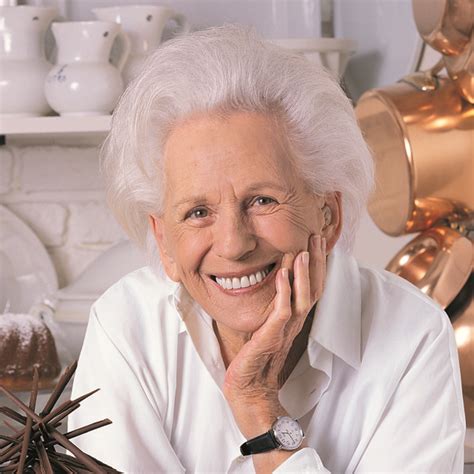A Quote by Lady Gaga
Fame is ultimately about the cycles of desire and how to do away with them or manage them well.
Related Quotes
Publicity in women is detestable. Anonymity runs in their blood. The desire to be veiled still possesses them. They are not even now as concerned about the health of their fame as men are, and, speaking generally, will pass a tombstone or a signpost without feeling an irresistible desire to cut their names on it.
The moments you are given are your true wealth. You don't need power, influence, or fame. The sunlight brings the power; the wind carries the influence. And as for fame, well, when you allow yourself to notice all those hands that have made your growth possible, you will also recognize what you have made possible for countless others — and how famous you already are. In this very moment, one of those others may be telling a story about how you helped them grow forward.
One admirable trait in women is their lack of illusions about themselves. They never reason about their most blameworthy actions; their feelings carry them away. Even their dissimulation comes naturally to them, and in them crime is free of all baseness. Most of the time they simply do not know how it happened.
As my father taught me, and he drove home that point, he said, 'Just remember something. You don't need to tell anybody how good you are. You show them how good you are.' And he drove that home with me. So I learned early not to brag about how good I was or what I could do but let my game take that away and show them that I could play well enough.
People always ask, "How do you get in the mind of the teen reader?" I think all human beings have these common threads. We struggle with the same things. We desire love and attachment. We have to sort out how much we want to be attached and be independent, how we manage need and being needed and being hurt. These are things that begin when we're - how old? Then in those teen years we start to really feel them.
If they had only themselves to consider, lovers would not need to marry, but they must think of others and of other things. They say their vows to the community as much as to one another, and the community gathers around them to hear and to wish them well, on their behalf and its own. It gathers around them because it understands how necessary, how joyful, and how fearful this joining is. These lovers, pledging themselves to one another "until death," are giving themselves away, and they are joined by this as no law or contract could join them.




































